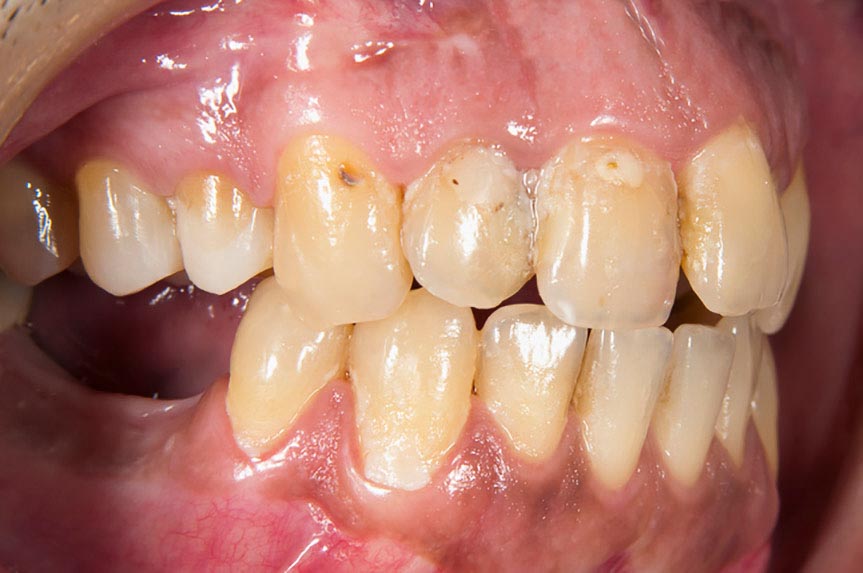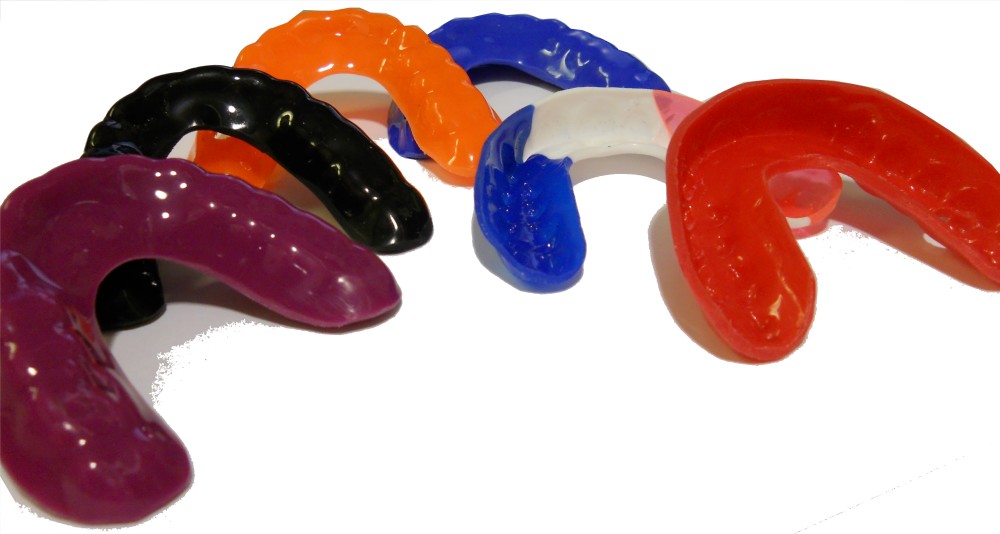When you take care of your teeth, you’ll have them for a lot longer. This matters at every single age, since healthy mouths means you’re talking, smiling, laughing, and you’re able to keep your teeth for a whole lot longer. However, as you get older, there are certain things that you can do to help make sure that your teeth are fully taken care of. Here’s how you can make your teeth last a whole lot longer even when you’re older.
You may wonder why you should worry about your teeth? Well, teeth are a focal part to overall health and wellness, and if you take care of it now, it can prevent future issues as well, especially in terms of your own body and wellness.
As you get older, if you don’t prevent this, it can be a major problem, so be mindful of that when you’re looking for the right type of safety for this, and also, try to make sure that you also look at the overall big picture.
Tooth Decay
Tooth decay happens when starches and sugar feed on the teeth, attacking this. If you don’t handle this, it leads to fillings, crowns, extractions, and root canals, which are expensive and not fun.
Gum disease
Gum disease is another problem that happens whenever you don’t’ take care of your teeth. Because of the buildup of plaque and the tartar is left there untreated, it gets into the gums, making them swollen with a red color, and bleeding as well. This can get really bad, eventually ruining your gums, bones, and the tissue as well, and in severe gum disease cases, it results in tooth loss as well.
How to prevent this

You should definitely make sure that oral care is the main focus, and you should definitely understand it’s not too late for you to start taking care of your teeth. Here’s how you can.
First, you need to brush your teeth twice daily. Use a soft bristled toothbrush with some fluoride, brushing this for a couple minutes usually. You may struggle with this if you have arthritis or other conditions. You should talk to a doctor if that’s the case. You may want to use a bland of elastic to attach the toothbrush towards your hand. You may also benefit from using a sponge and taping it there. You can also use a toothbrush that’s electric if you do have limited types of mobility.
Next, you should make sure that you do clean between the teeth every single day. This can be done with a flosser, or a water flosser, otherwise known as an interdental cleaner, since this helps those who struggle to use their hands with it.
Next, make sure you’re seeing the dentist often. You can find out new and early signs of this decay, and then do something about it. Oral cancer can start in people above the age of 40, so proper dental screenings are imperative during this. Letting the dentist know about swelling you have, soreness of the mouth, or lumps is important.

Then, make sure you use fluoride. This helps with mineralization. You can also use a rinse with this to help with it. Finally, if you’re going to take care of your teeth, you’ve got to look at the diet. Start to replace the carbs that are unhealthy with healthier foods. Try to eat fibrous foods, and also use the foods that’ll help keep the teeth nice and strong, so hat you’re not ruining the teeth as well.





